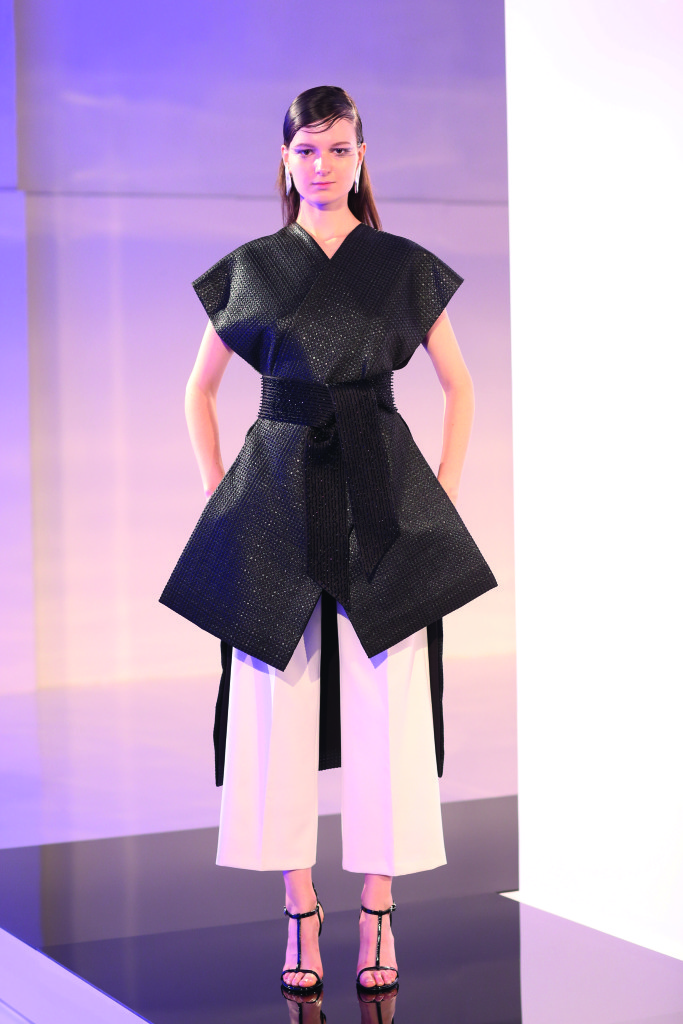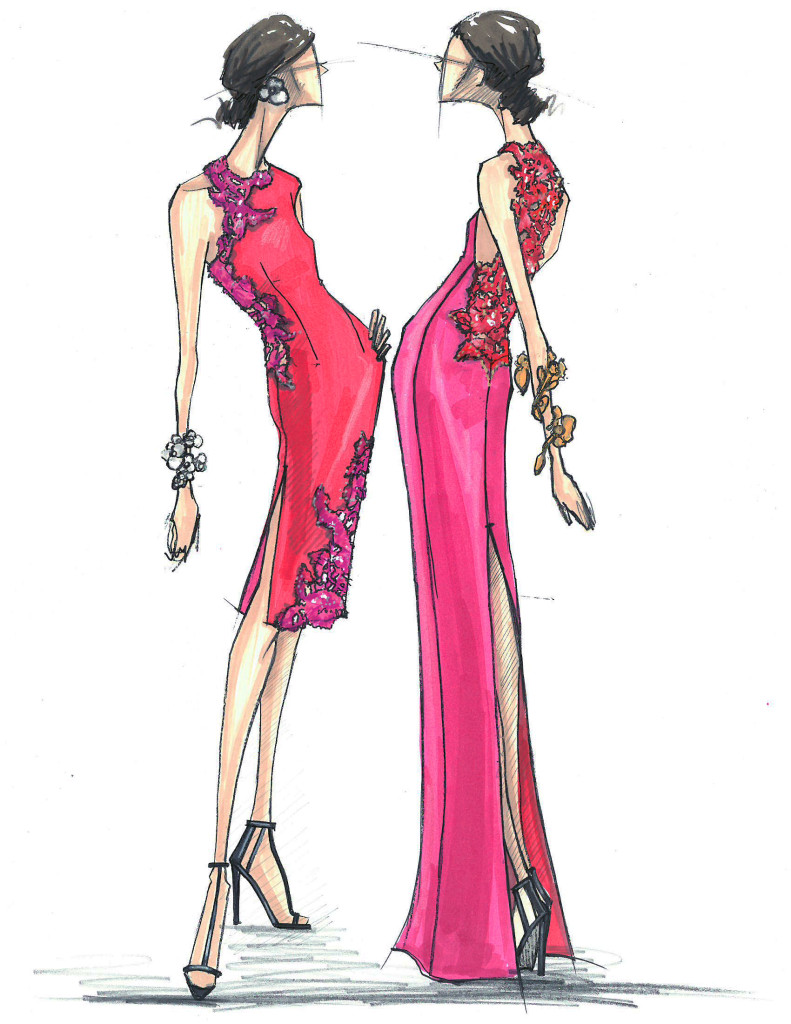Text by KRISTEL DACUMOS-LAGORZA |
Photography by FILBERT KUNG |
Josie Cruz Natori is a visionary, one of the very first to have paved the way for Filipino designers. She is the reason why many Filipinos can now confidently shine in the global arena. She made us proud every time buyers in the US would admire the “Made in the Philippines†tag.
An influential player in the highly competitive world of fashion in the US, Josie is the embodiment of a world-class Filipina, one who found her own way by successfully carving a niche and building a formidable brand. This is The Natori Company, which celebrates its 38th anniversary this year. It’s a proud achievement, to have done so much in one lifetime, “but I don’t want to be remembered for fashion,†shares the 68-year-old, soft-spoken designer.
Brandishing her chic signature bob, Josie quickly explains that though her life has been dominated by her love for design, there is, indeed, more to her existence. The Natori Company, yes, can easily be considered her life’s work. But this is not her life.
“I’ve always said this — The Natori Company— is just a means to an end. I don’t want to be remembered for fashion,†she repeats with a soft shake of her head. “I want to be remembered for making a difference in people’s lives.â€
And this she is achieving through her significant work as vice chairman of the Asian Cultural Council (ACC), a foundation established by the Rockefeller family in the US some 50 years ago. Josie has been an ACC trustee since 1995, and led the efforts to establish the ACC Philippines Foundation in Manila in 2000. Since its inception, ACC has given hundreds of grants to brilliant, young Filipino artists.
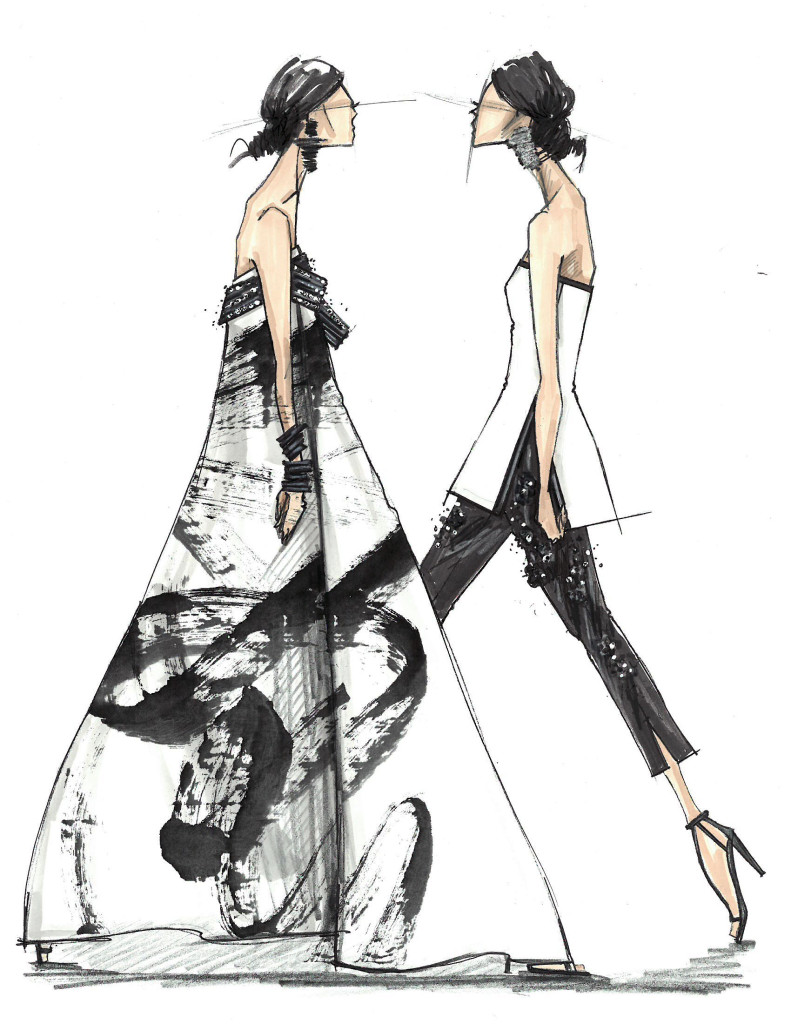
In addition to her work with ACC, she also founded the Fashion Design Council of the Philippines (FDCP) in 1995, upon returning to the country. Twenty years later, FDCP has grown to become the preeminent organization for fashion designers. But the FDCP as a council goes beyond simply organizing fashion shows and competitions; it’s a grand initiative that has successfully discovered, nurtured and uplifted Filipino talent on a global scale.
Josie also graciously shares her wisdom with the people behind Manila Wear and Manila FAME, well-known programs by the Center for International Trade Expositions and Missions (CITEM) that bring together the most creative minds in the industry. “These kids are so inspiring. Talent, creativity, passion — they’ve all got that,†she shares encouragingly. “Some of them just really need a break.â€
Worlds apart
Seeing Josie’s whittled waist and ballerina figure, one could easily presume that perhaps she found her fashion beginnings as a unique Asian beauty, who gracefully strutted down the stages of New York’s most famed runways. Surprisingly, Josie emerged from a world far and foreign to fashion: Wall Street.
Two weeks after graduating from Manhattanville College with a degree in Economics, Josie was hired as an associate in corporate finance for Bache & Company in New York. Six months later, due to her diligence, she was tasked to set up an office in Manila for the US-based company. At 21, she became the sole broker and assistant manager of the Manila branch, and sold equities, traded commodities and practiced arbitrage.
Like a graceful skater on ice, she maneuvered through the tricky corners of trading, making money (as well as losing it) for her clients. The latter bit was what took a toll on her. “You need a stomach of steel to lose money and not take it personally. I saw clients’ losses and became an emotional wreck. I realized that I wasn’t a trader,†she reveals. When Bache & Company closed operations in Manila, Josie returned to New York where Merrill Lynch speedily offered Josie an investment banking position. Josie, of course, happily and humbly accepted.
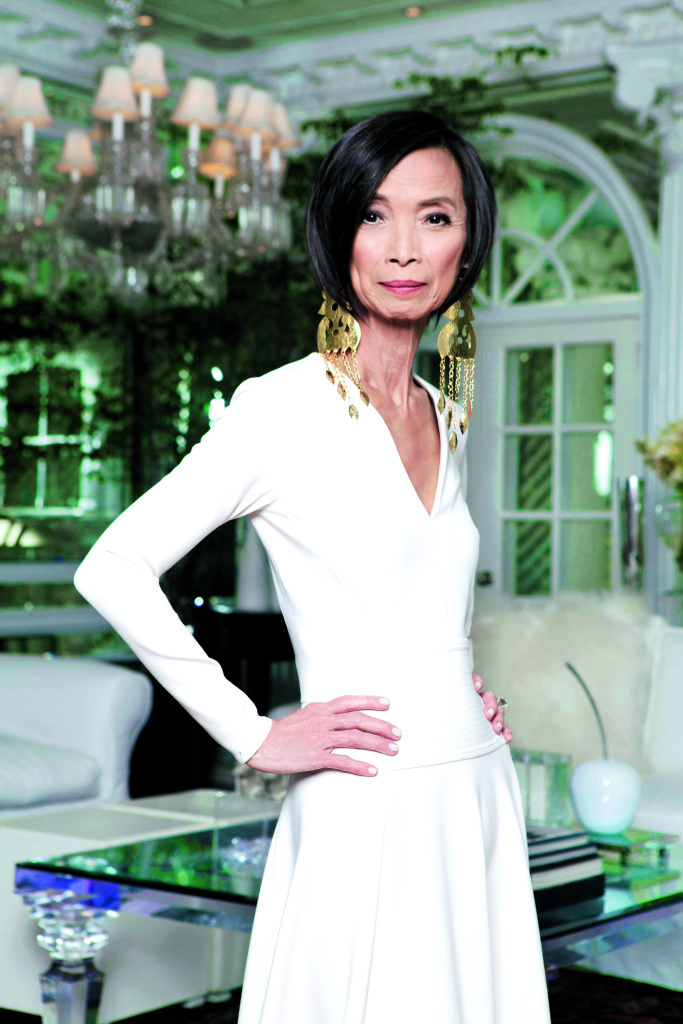
In five years, she rose from the ranks to become the firm’s first woman vice president in corporate finance. She found power and prestige in the post, but after a few years, decided to resign from the position. “I was really bored,†she admits. “And I wanted to be like my grandmother and my father and have my own company. In retrospect, there was a creative side of me that needed fulfilling, too,†she reveals. She was in need of a new challenge.
Josie and her husband, Ken Natori, whom she met on Wall Street when he was the executive managing director of Smith Barney, tossed around the idea of starting their own business. From car washes, baby clothes to even a McDonald’s franchise, Josie considered every idea, hoping to find one that would marry her want for something wholly her own, as well as something that would celebrate her Filipino roots. Finally, she came across an embroidered peasant blouse made from home. That was it.
Working her networking magic, as well as putting in endless cold calls, she landed a meeting with a buyer from Bloomingdales. “Lengthen this and make it into a night shirt,†the buyer advised. After making the adjustments, she closed her first orders with Saks Fifth Avenue, and that was the beginning of Natori.
Gaining ‘Natori-ety’
From then on, Josie took the industry by storm, injecting fashion and luxury into lingerie. The market for intimate pieces at that time was lacking in style and inspiration, with selections limited to frumpy pieces and lewd designs.
The femininity of her pieces breathed romance, and the fashion-forward take on lingerie resonated with the modern woman. The pieces were beautiful and sexy, and customers loved the detailed embroidery that seamlessly fused the East-meets-West influences into her designs. Josie’s take on intimates was fresh and new, and distinctly Natori. It is without exaggeration to claim that Josie reinvented intimates, bringing “boudoir apparel out of the bedroom†and into the world of chic outerwear.
Soon, her designs were popping up in the pages of all prestigious fashion magazines—Vogue, Elle, Harper’s Bazaar, you name it. Even the Queen of Talk, Oprah, gushed over her bright, yellow Natori tunic, which she wore on the cover of O Magazine in the July 2010 issue. If Oprah’s worn it, you know you’ve made it!
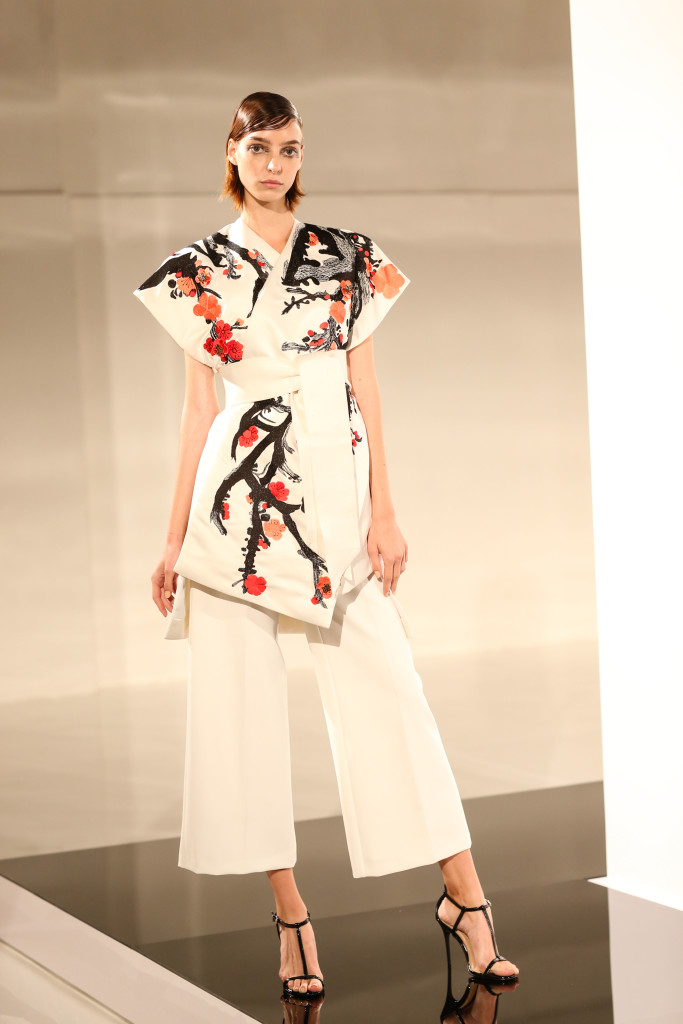
(Key look from the evening wear presentation)
(Key look from Natori’s evening wear presentation)
Josie, the style purveyor, expanded her lingerie lines and grew The Natori Company to include ready-to-wear and accessories, home, bath, rugs and fragrance. In time, the Natori brand not only became known for lingerie, but became synonymous to “lifestyle luxury.â€
Admittedly, design had never been Josie’s first love, as music took precedence and was a bigger passion in her earlier days. “I credit my mother, Angelita Almeda Cruz. She had an appreciation for beauty and ingrained in me a love of culture and the arts. She taught me to always make something more beautiful than the last time.â€
Cutthroat
“I was lucky,†shares Josie of her journey as a successful entrepreneur. “It really was a very fortunate set of circumstances for me. It was being in the right place at the right time — lingerie was such a new market and incorporating a fashion element into lingerie was a very novel idea.â€
Unlike the highly competitive industry it is now, “when I first started, it was a much gentler world where there was the ease of entry. We were big fish in a small pond. But even then, it was not easy,†she says.
Coming from Wall Street into fashion, she was accustomed to a different way of doing things. “Wall Street was a different business. You could trust people, and give your word of honor. Here, in fashion, you can sign a contract in blood and it wouldn’t mean a thing!†Josie chuckles. Cutthroat it is, she admits. “If I were to build my brand today, I don’t think I would be able to start or even survive as a business!â€
Indeed, the world has changed immensely in the past four decades since The Natori Company was established. The definite game changer has been the Internet. Because of it, competition is fiercer, the consumer is smarter and more demanding, and the overall pressure to succeed and deliver is overwhelming. “Just everything about the world now is more complicated,†she reveals, half amazed. “You really have to be on the top of your game to survive. You can’t just sit back and relax.â€
While others seem to follow the “faster is better†approach to success, Josie has abided faithfully to the philosophy of slow and steady growth. “Yes, I could have made The Natori Company bigger much faster, but it was more important for me to keep the integrity of the brand. If you do things too quickly, you risk compromising who you are,†she explains, adding that she has never forced the growth of her company. “That has never been my goal — to get rich or grow big quickly. I’m here for the long haul. I want to build a brand that will live beyond me.â€
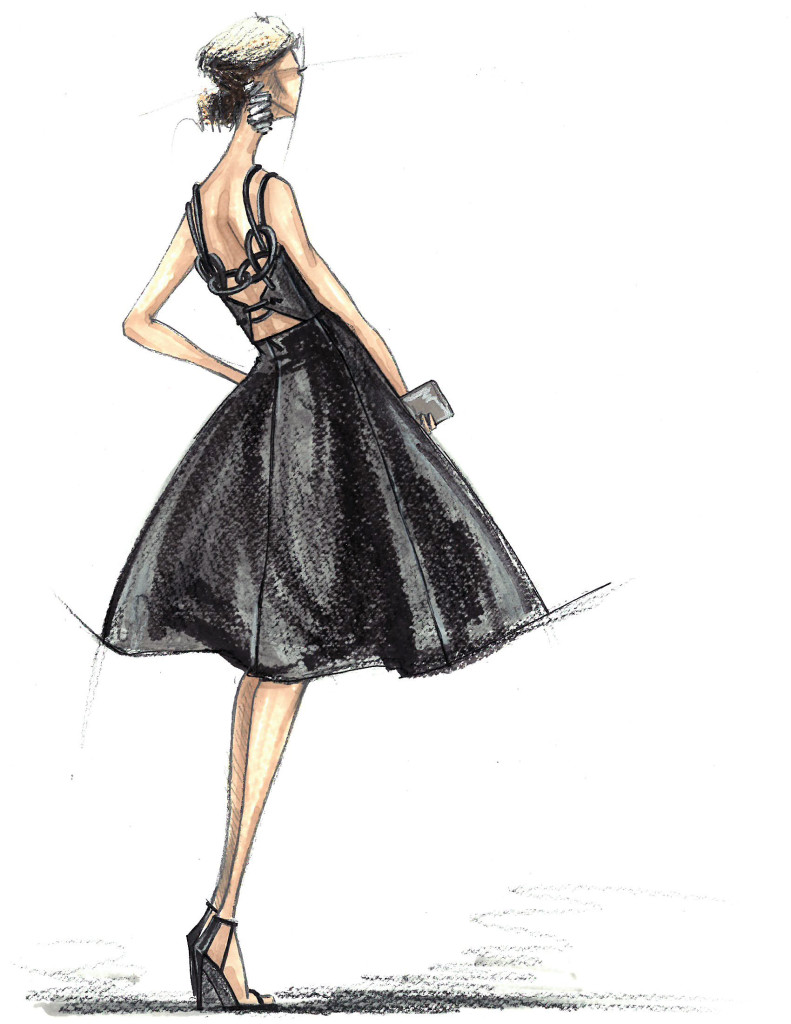
On its 38th year, The Natori Company has outlived many of its competitors, and Josie proudly shares that they have just opened their first store in New York. The Natori lifestyle has also been made more accessible through several product lines that cater to the different consumer levels, from high-end collections to more affordable brands.
To grow The Natori Company as a lifestyle brand was not a difficult decision to make for her, though it had her seriously considering the risks. But she remembered her father’s advice: “If you don’t take risks, you don’t move forward.†After much thought, she knew it was worth the gamble.
Looking at the greater vision for Natori, it only seemed fitting, Josie says, for the company to expand into home and lifestyle. “Natori is a mindset. It’s a total way of being and living. It’s making a woman feel good, letting her enjoy luxury every day, and enriching her life,†she beams. “For me, it’s all about indulging a woman. Indulgence is a necessity,†she laughs.
Back home
Today, at an age where others would be surrendering themselves to blissful retirement, Josie waves off the idea of slowing down. “Retirement is not in my vocabulary; it’s not in my mindset. I can’t imagine waking up and not doing what I do. I will die with my boots on!†she laughs. Josie still works every day, and is still very hands-on when it comes to the company, though she has a team of very talented and trusted creatives to help her out.
Unlike the previous years, Josie does fly back home to the Philippines more often — at least once a month — to be with her 91-year-old mother.
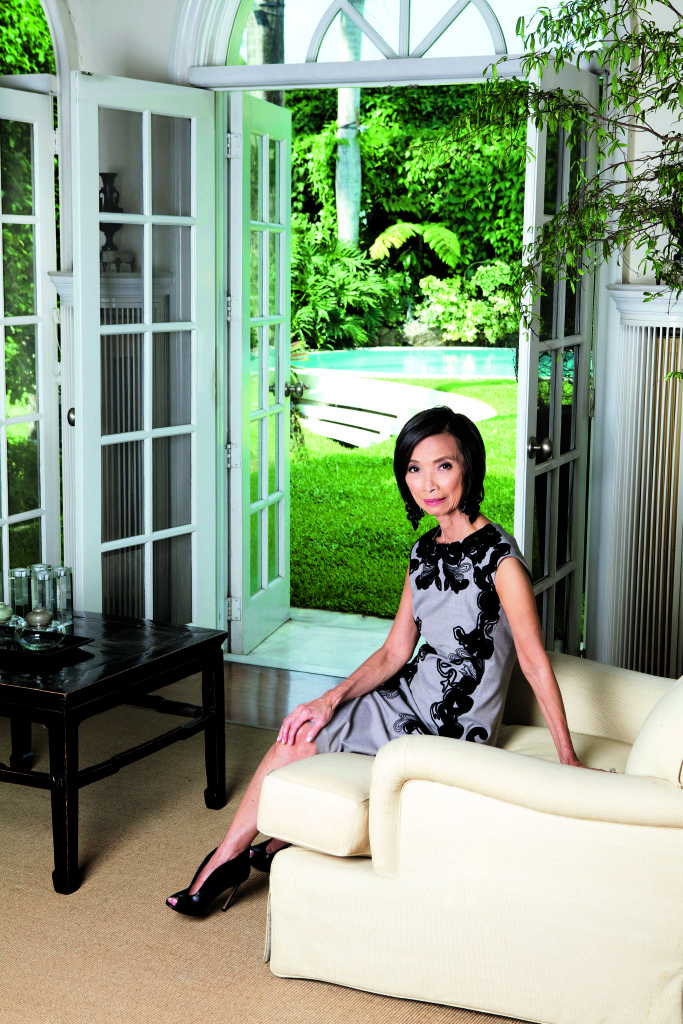
During these trips, she still is productive, lending her counsel to Manila Wear, Manila FAME and the FDCP, and strengthening her brand’s presence in Rustan’s, the exclusive distributor of Natori in the Philippines.
“The last four years, under the leadership of Nedy Tantoco of Rustan’s, there has been such amazing growth. I’m very grateful to Nedy; she has vision and she has conviction, which I truly admire. As I’ve said before, she’s been instrumental, in terms of marketing Natori in the Philippines,†she shares fondly of her friend.
Like Nedy, there have been many mentors, teachers and good-hearted people who have helped her along the way — too many to count as a matter of fact. But Josie does remember one particular person who has imparted the most important lesson in her life: her piano teacher Olga Stroumillo. “My teacher taught me that everything in life connects, that one thing leads to the next. (From leaving Wall Street to finding that peasant blouse), nothing in life is an accident,†reminds Josie.
In her very name, you will find the threads of her brilliance. Natori —which means the “highest form of art†in Japanese — has, indeed, lived up to her name. Not only because every piece that she’s produced through The Natori Company envelops a women in sheer luxury, but also because Josie, herself, has made her life truly something to admire — an inspiring and beautiful tapestry.


